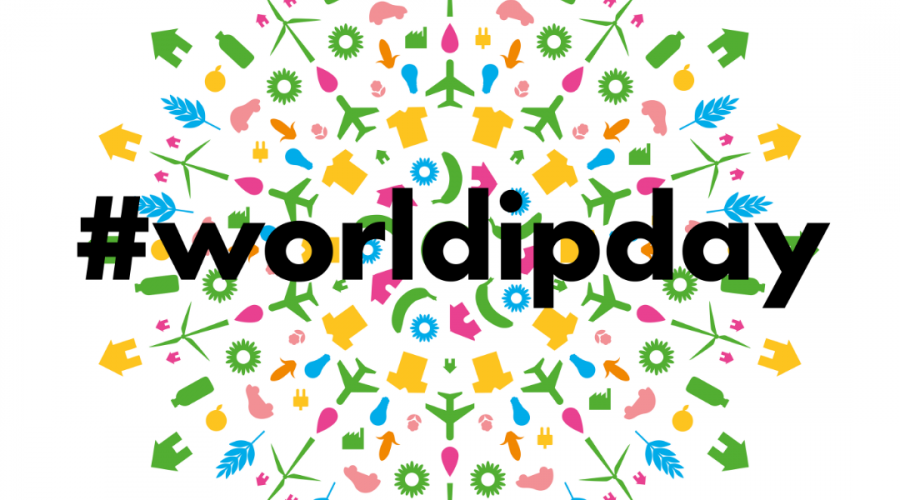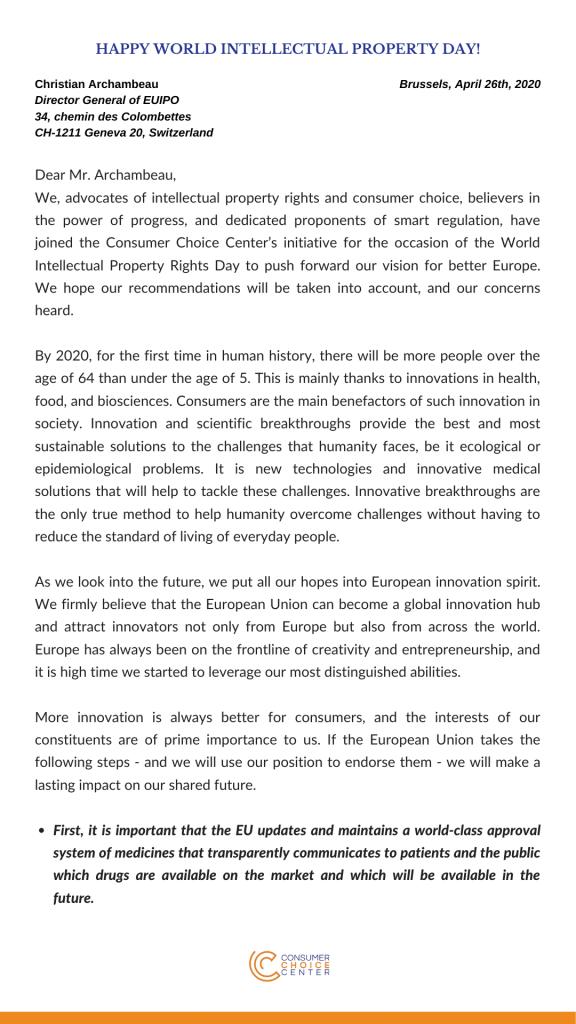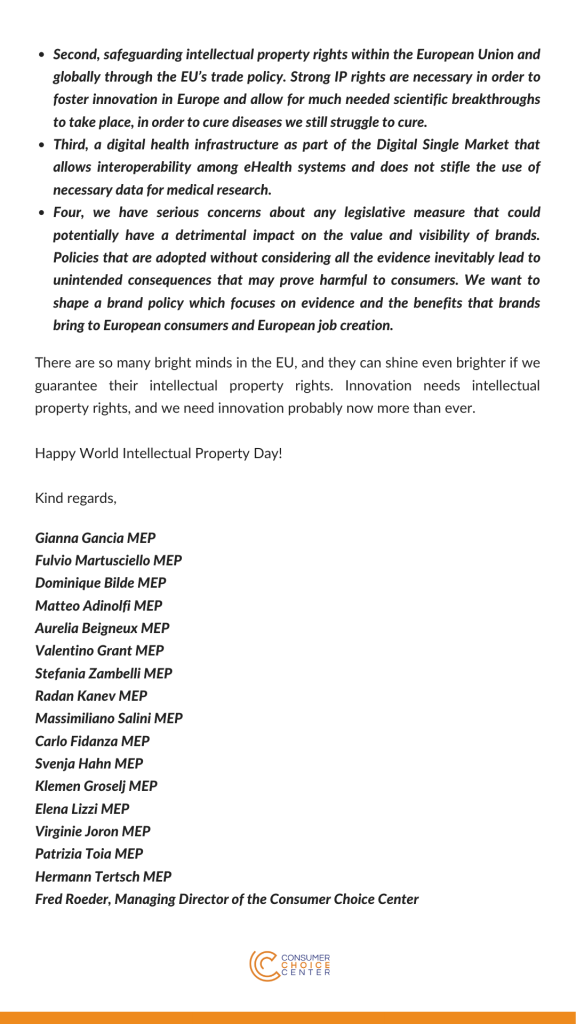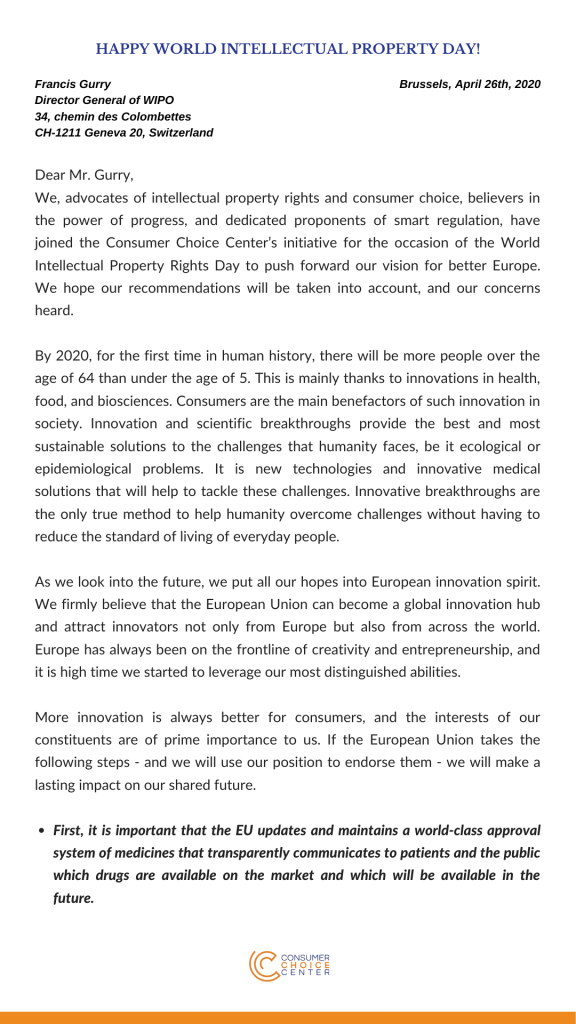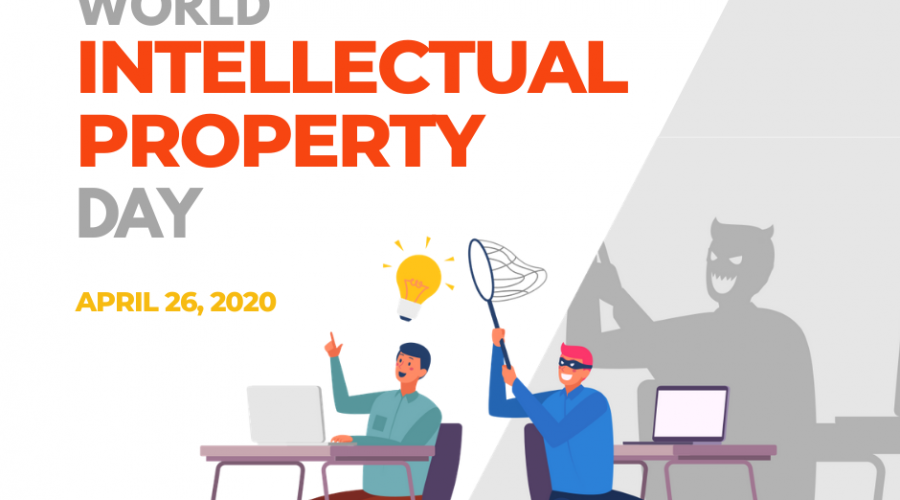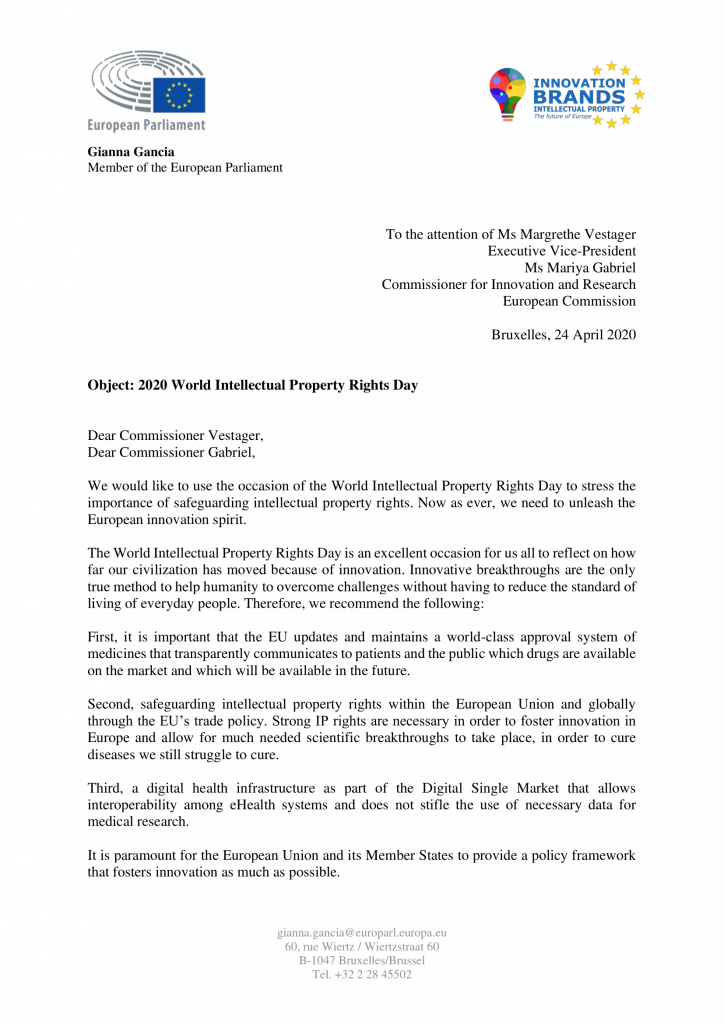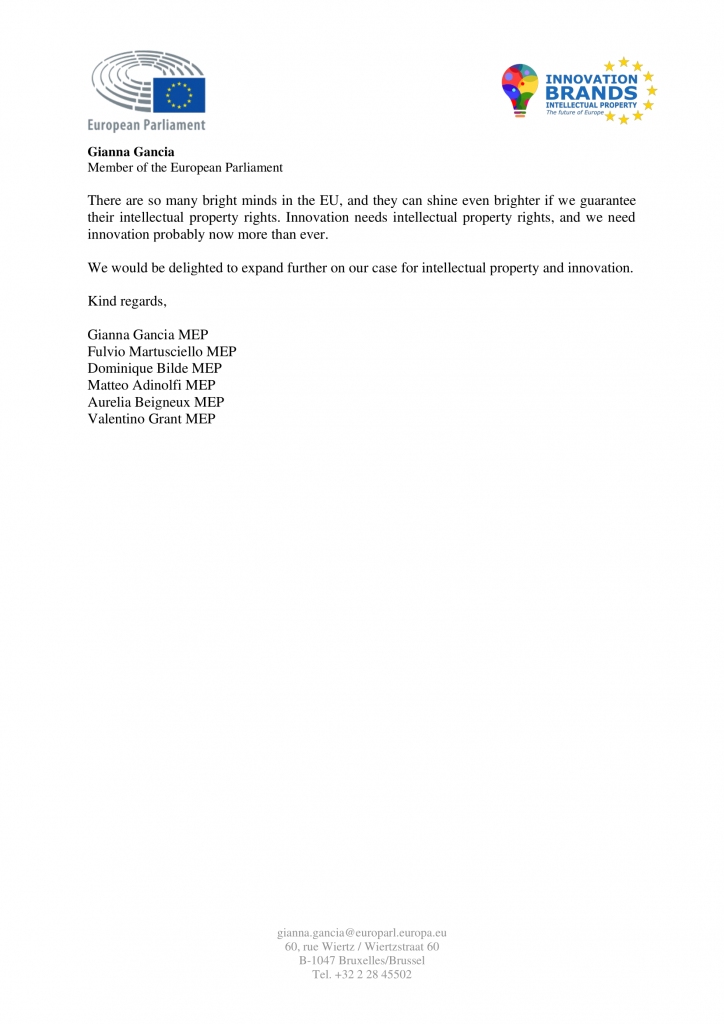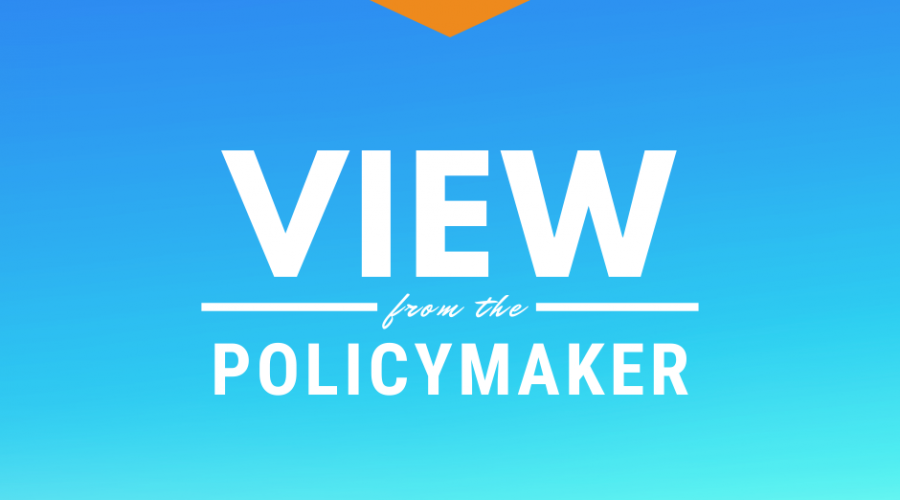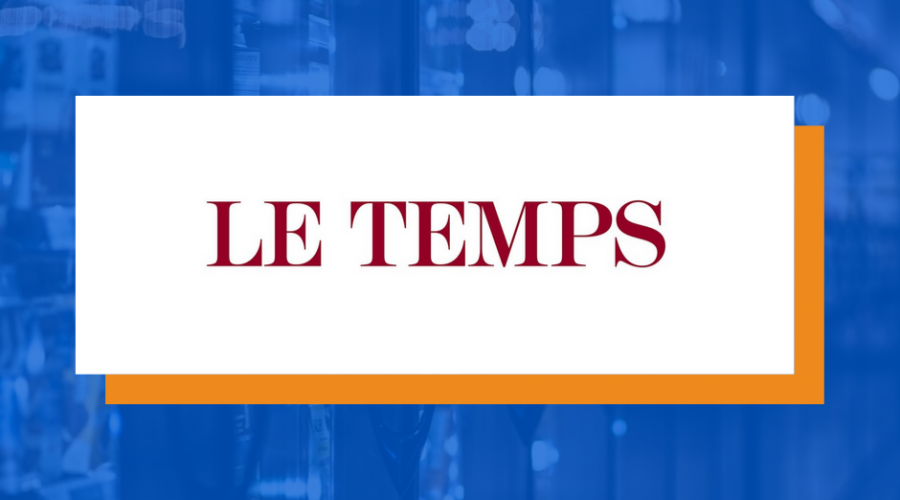[Marketing Medium] Il prezzo calmierato per le mascherina è pericolo per la libertà, non solo d’impresa ma anche dei consumatori
Roma, IT – Ieri il Presidente Conte ha dichiarato che il prezzo delle mascherine chirurgiche sarà di 0.50 euro, Luca Bertoletti, European Affairs Manager per il Consumer Choice Center commenta: “quanto avvenuto ieri sera è pericoloso, e infatti ne vediamo già gli effetti. Molte farmacie, che avevano mascherine nei magazzini non le vendono più in quanto non riuscirebbero nemmeno a rientrare dei costi”.
from Consumer Choice Center https://ift.tt/2Y5sPRo
